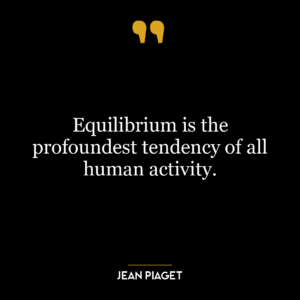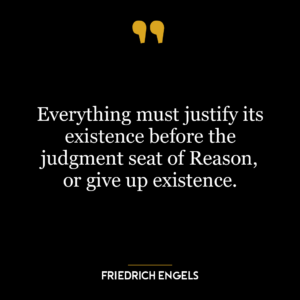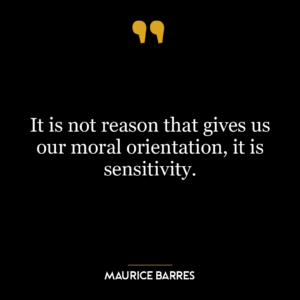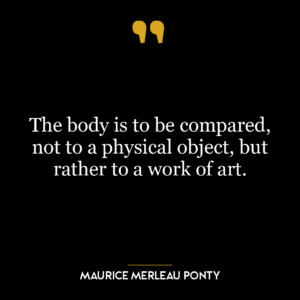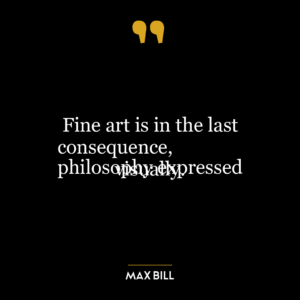“Doubt is not a pleasant condition, but certainty is absurd” is a powerful statement that speaks to the nature of knowledge, understanding, and the human condition. At its core, it suggests that while it may be uncomfortable to live in a state of uncertainty or doubt, claiming absolute certainty is illogical and foolish.
Doubt, despite its discomfort, often serves as the catalyst for inquiry, exploration, and growth. It pushes us to question, to seek answers, and to deepen our understanding. On the other hand, absolute certainty closes the door to further knowledge and growth. It assumes that there is nothing more to learn, no other perspectives to consider, and no room for error or change. This, according to the quote, is an absurd notion because the world is complex, constantly changing, and full of variables outside of our control.
Applying this to today’s world, we can see the danger of absolute certainty in the spread of misinformation and the polarization of society. When people are absolutely certain of their beliefs, they are less likely to listen to opposing viewpoints, consider new information, or admit when they are wrong. This can lead to conflict, misunderstanding, and stagnation.
In terms of personal development, embracing doubt can be a powerful tool for growth. By acknowledging that we don’t have all the answers, we open ourselves up to new experiences, knowledge, and perspectives. We allow ourselves to be wrong, to learn, and to grow. This can lead to a deeper understanding of ourselves, others, and the world around us.
In conclusion, while doubt may be uncomfortable, it is a necessary part of growth and understanding. Certainty, on the other hand, is an illusion that can lead to stagnation and conflict. By embracing doubt and rejecting absolute certainty, we can continue to learn, grow, and adapt in an ever-changing world.





